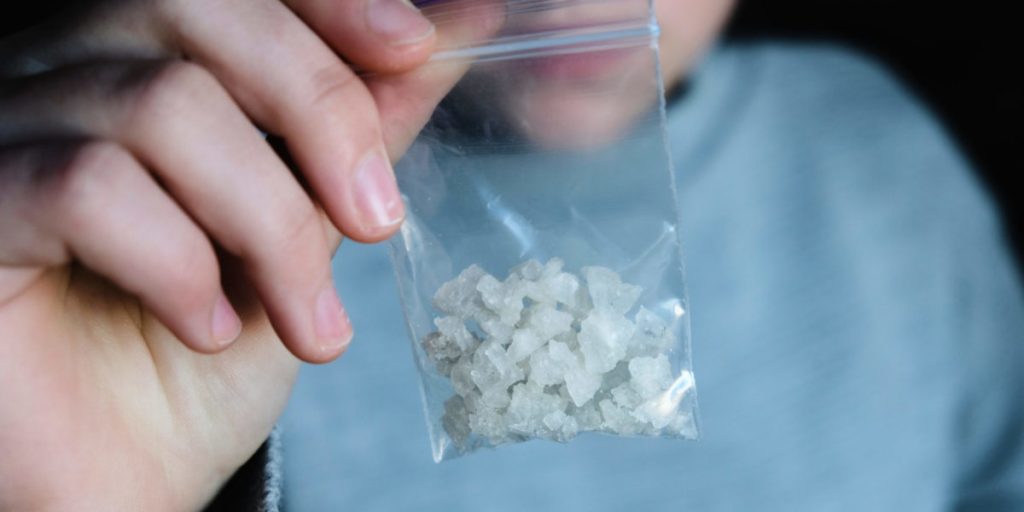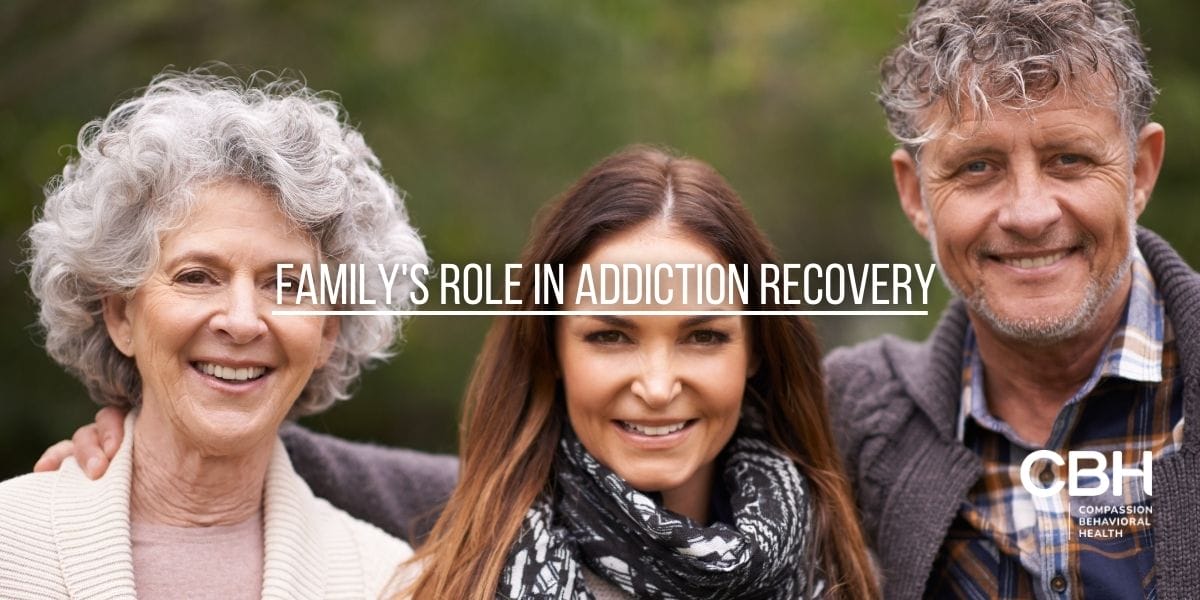How to Tell if Someone is Abusing Methamphetamines
Methamphetamine addiction is a medical condition that can produce a variety of long-term health consequences for the person experiencing it if left untreated. Prolonged meth use can cause damage to vital organs, reproductive harm, brain damage, and many other potential complications as well as death.
To learn how to tell if someone is on meth, today, we are going to cover 5 key signs of meth use. If you think that someone you love is abusing methamphetamines, it is important for them to seek treatment to help improve their lives, break free from addiction, and prevent more serious potential health problems.
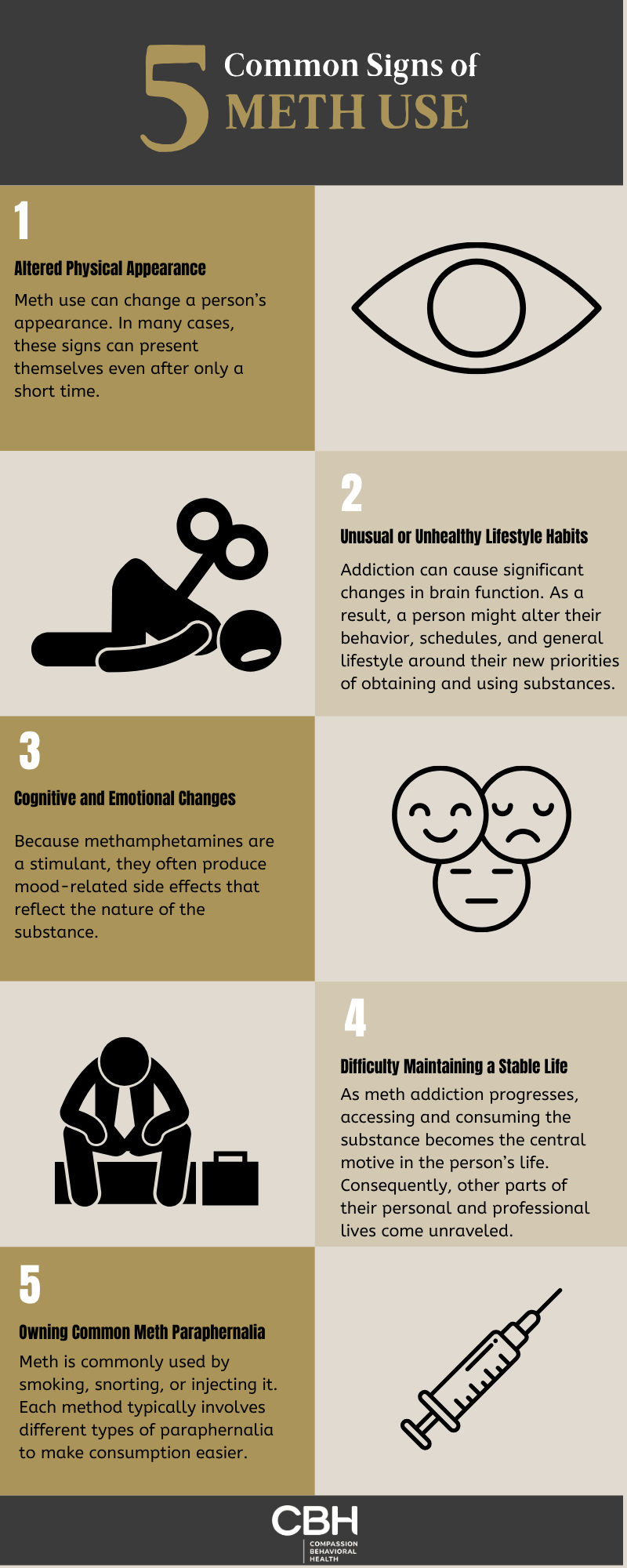
Common Signs of Meth Use
Though everyone has their own experience with addiction, there are some common traits that you can watch for if you think someone is abusing methamphetamines. These can include:
1: Altered Physical Appearance
Meth use can change a person’s appearance. In many cases, these signs can present themselves even after only a short time.
One of the most telling physical signs of meth use is called “meth mouth.” As a result of repeated methamphetamine abuse, a person’s teeth can start to rot and their gums become inflamed.
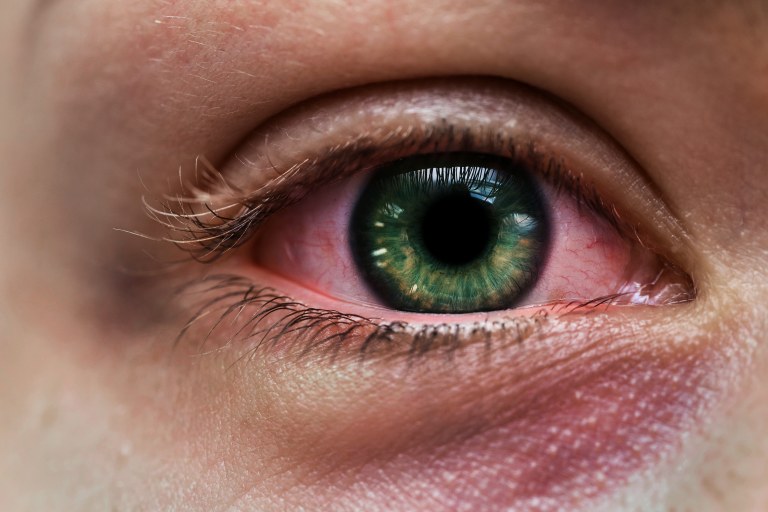
Some other common physical symptoms you might notice include:
- Sores, scratches, and track marks on the skin
- Burn marks from smoking methamphetamines, most often on the hands or mouth
- Thinning hair or noticeable hair loss
- Eyes that are red and/or puffy and dilated pupils
- Significant, sudden weight loss
- Twitching or spastic movements the person did not exhibit before
2: Unusual or Unhealthy Lifestyle Habits
Addiction can cause significant changes in brain function. As a result, a person might alter their behavior, schedules, and general lifestyle around their new priorities of obtaining and using substances. To others, this may seem like a sudden shift in that person’s usual routine or in the way they interact with others.
Meth use can alter someone’s behavior to varying degrees. As time progresses without treatment, the person will base their life around satisfying their addiction and cravings.
Depending on the severity of the person’s substance abuse, they might engage in practices like:
- Not sleeping or maintaining an unusual sleep schedule
- Changes in appetite, or complete loss thereof
- Avoiding social interaction with loved ones
- Abstaining from their usual hobbies and passions
- Secretive behavior, possibly also engaging in stealing
- Engaging in risky behavior like dangerous actions or lying
One of the most telling behaviors of methamphetamine use is called “tweaking.” This refers to when a person is coming off a substance binge and displays a significant change in their mood or behavior. Common tweaking symptoms can include behaviors like insomnia, increased anxiety, paranoia, and increased irritability.
3: Cognitive and Emotional Changes
Addiction often changes a person’s behavior, mood, and emotions. Because methamphetamines are a stimulant, they often produce mood-related side effects that reflect the nature of the substance.

For example, a person who is using meth could start showing increased hyperactivity, anxiety, mood swings, or more violent behavior. Depending on the severity of their addiction, their behavior could threaten the safety of others around them.
If you suspect that a loved one is using meth and they are exhibiting violent behavior, making verbal threats, or experiencing severe mood swings, it is important to get them into treatment quickly.
4: Difficulty Maintaining a Stable Life
As meth addiction progresses, accessing and consuming the substance becomes the central motive in the person’s life. Consequently, other parts of their personal and professional lives come unraveled.
With any substance abuse issue, maintaining a stable life outside of addictive habits becomes difficult. A person who is using meth might experience difficulty maintaining employment, social or romantic relationships, honoring commitments, or managing finances.
5: Owning Common Meth Paraphernalia
Meth is often consumed by smoking, snorting, or injecting it into the body. To accomplish this, various paraphernalia is required. Oftentimes, these items are not ones that a person would typically keep in their personal space. They can include:
- General smoking paraphernalia like glass pipes
- Medical equipment like tourniquets and needles
- Kitchen items like aluminum foil and spoons
- Small plastic bags that could be used to hold meth
- Broken or emptied ink pens
- Cut straws for snorting substances
A person who is struggling with meth addiction might try to conceal paraphernalia from others. They may attempt to stash it in an inconspicuous hiding spot such as a sock drawer, under a piece of furniture, or in a closet.
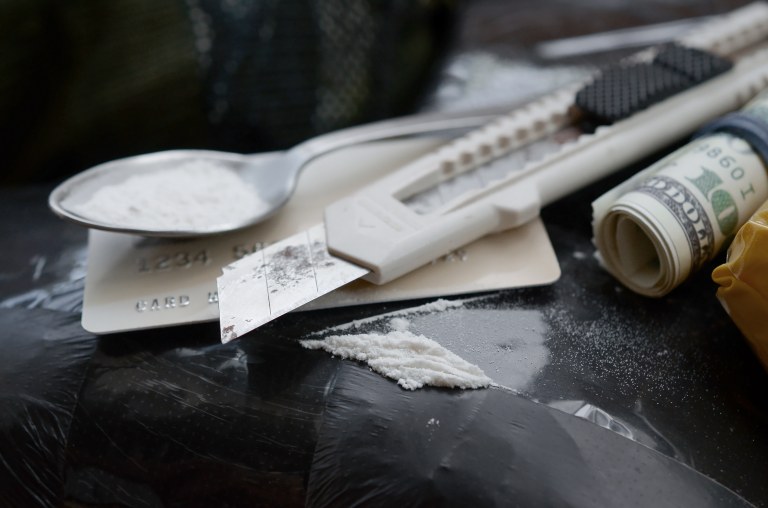
What to Do if You Think a Loved One is Using Meth
If you think that someone you love is using meth, it is important to address it as early as possible since meth is highly addictive. Doing so can help prevent their addiction from worsening and prevent them from developing potential long-term physical and psychological health complications.
If you are preparing to confront someone about meth use, here are some tips to keep in mind:
Express Your Concerns to Them Calmly
If you want to address someone about meth use, it is important to approach the conversation from a place of love and concern. Avoid accusatory language and try to frame your words in a way that shows you are coming from a place of wanting to help them, not hurt them.
For example, you might say something like: “I’ve noticed some changes in your behavior and I’m worried about you. I care about you and want to help you get better.”
Do Your Research Ahead of Time
If you are going to confront someone about meth use, it is important that you have your facts straight. Do some research on the signs and symptoms of meth use so that you can be prepared to answer any questions they might have. Additionally, it can be helpful to research treatment options in your area so that you can provide them with resources if they are ready to seek help.
Be Prepared for Their Reaction
When you confront someone about their meth use, they might react in a variety of ways. They could become defensive, deny that there is a problem, or become angry with you. It is important to be prepared for their reaction and to remain calm no matter what they say or how they act. Remember that the goal is to help them, not to make them feel worse.
Don’t Enable Their Addictive Behavior
If someone you love is struggling with meth addiction, it is important to avoid enabling their behavior. This means refraining from giving them money, letting them live with you, or doing anything else that might make it easier for them to continue using.
Enabling their behavior will only make it harder for them to get the help they need and make it more likely that they will continue using.
Encourage Them to Seek Professional Treatment
Methamphetamine addiction is a powerful disease that can become difficult to overcome without professional treatment. If someone you love is struggling with meth addiction, encourage them to seek help from a treatment program. Treatment can provide them with the tools they need to recover and live a healthy, drug-free life.

Meth Addiction Treatment at CBH
Substance abuse treatment is within reach for yourself or a loved one who may be using meth. For substance abuse treatment resources, call the SAMHSA National Helpline.
At Compassion Behavioral Health, our team provides substance abuse treatment, including methamphetamine addiction treatment, to individuals throughout the United States from our beautiful South Florida center. To learn more, reach out to us directly at (844) 999-0874.
